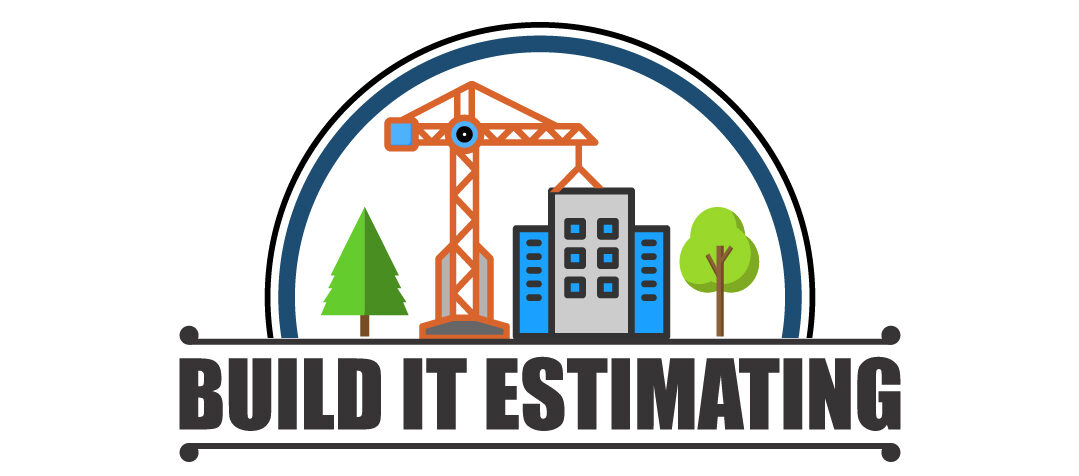In project management, accurate cost estimation is crucial for successful project planning, budgeting, and execution. Cost estimates help project managers allocate resources, set budgets, and monitor expenditures throughout the project lifecycle. This comprehensive guide explores the seven types of cost estimates used in project management, providing insights into their applications, accuracy levels, and importance in ensuring project success.
Overview of Cost Estimation in Project Management
Cost estimation involves predicting the financial resources required to complete a project. It encompasses various stages, from initial planning to project closure, ensuring that all aspects of the project are financially accounted for. Effective cost estimation helps in setting realistic budgets, managing expenses, and avoiding cost overruns, ultimately contributing to the project’s financial success and efficiency.
1. Preliminary Estimate
Preliminary Estimate is the initial cost estimate conducted during the early stages of a project. It provides a rough approximation of the project’s cost based on limited information. This estimate helps stakeholders determine whether the project is worth pursuing and aids in the initial budgeting and planning.
- Purpose: Early planning and budgeting.
- Accuracy: Low to moderate, with a range of ±25% to ±50%.
- Usage: Feasibility studies, initial project approval.
Preliminary estimates provide a foundation for more detailed cost estimation as the project progresses.
2. Conceptual Estimate
Conceptual Estimate is a high-level estimate used during the project’s conceptual phase. It is based on the project’s overall scope and concept, providing a broad understanding of the potential costs. This estimate helps in assessing the project’s feasibility and obtaining stakeholder buy-in.
- Purpose: Project feasibility and high-level planning.
- Accuracy: Moderate, with a range of ±15% to ±30%.
- Usage: Project proposals, strategic decision-making.
Conceptual estimates enable project managers to evaluate the project’s potential financial impact and make informed decisions.
3. Feasibility Estimate
Feasibility Estimate involves a more detailed analysis compared to preliminary and conceptual estimates. It assesses the project’s viability by considering various factors, including technical, economic, and legal aspects. This estimate provides a clearer picture of the project’s potential costs and benefits.
- Purpose: Project viability and detailed analysis.
- Accuracy: Moderate to high, with a range of ±10% to ±20%.
- Usage: Feasibility studies, investment decisions.
Feasibility estimates help stakeholders understand whether the project is achievable and financially sound.
4. Definitive Estimate
Definitive Estimate is an accurate and detailed cost estimate prepared during the project’s detailed planning phase. It is based on comprehensive project information, including detailed designs, specifications, and project plans. This estimate is crucial for setting the project budget and securing funding.
- Purpose: Detailed planning and budgeting.
- Accuracy: High, with a range of ±5% to ±10%.
- Usage: Final budgeting, project funding approval.
Definitive estimates provide a solid foundation for cost control and project execution.
5. Control Estimate
Control Estimate is used for budget control and cost monitoring during the project’s execution phase. It involves comparing actual costs with the estimated costs to identify variances and take corrective actions. This estimate helps in maintaining the project budget and ensuring financial discipline.
- Purpose: Budget control and cost monitoring.
- Accuracy: High, based on actual project data.
- Usage: Ongoing project management, cost tracking.
Control estimates are essential for maintaining financial control and preventing cost overruns.
6. Bid Estimate
Bid Estimate is prepared by contractors when submitting bids for a project. It includes detailed cost breakdowns for labor, materials, equipment, and overheads. This estimate helps project owners evaluate and compare bids from different contractors.
- Purpose: Bid preparation and contractor selection.
- Accuracy: Moderate to high, depending on the contractor’s expertise.
- Usage: Procurement, contractor evaluation.
Bid estimates play a crucial role in the procurement process and contractor selection.
7. Final Estimate
Final Estimate is prepared at the project’s closure, providing a detailed account of the actual costs incurred. This estimate is compared with the initial estimates to analyze cost performance and identify lessons learned for future projects.
- Purpose: Project closure and cost analysis.
- Accuracy: Actual costs, with no variance.
- Usage: Post-project evaluation, financial reporting.
Final estimates help in assessing the project’s financial performance and improving future cost estimation practices.
Comparing Different Types of Estimates
Different types of cost estimates vary in terms of accuracy, purpose, and usage. Preliminary and conceptual estimates provide broad approximations, while feasibility and definitive estimates offer more detailed and accurate predictions. Control and bid estimates are crucial for ongoing project management and contractor selection, respectively, while final estimates provide a comprehensive account of actual costs.
Importance of Accurate Cost Estimation
Accurate cost estimation is vital for the financial success and efficiency of construction projects. It ensures realistic budgeting, effective resource allocation, and proactive cost control. By minimizing cost overruns and maximizing resource utilization, accurate cost estimation contributes to project profitability and stakeholder satisfaction.
Challenges in Cost Estimation
Cost estimation in project management faces several challenges, including:
- Estimation Errors: Inaccurate data and assumptions can lead to estimation errors and budget discrepancies.
- Risk Factors: Unforeseen risks and uncertainties can impact project costs and timelines.
- Complexity: Complex projects with numerous variables require detailed and precise estimation.
Addressing these challenges requires robust estimation methods, risk management strategies, and continuous monitoring.
Best Practices for Effective Cost Estimation
Effective cost estimation involves:
- Data Analysis: Leveraging historical data and industry benchmarks for accurate predictions.
- Estimation Tools: Utilizing advanced estimation software and tools for precision.
- Continuous Monitoring: Regularly updating estimates based on project progress and actual costs.
Implementing these best practices enhances the accuracy and reliability of cost estimates.
Conclusion
Accurate cost estimation is a cornerstone of successful project management. Understanding the different types of cost estimates and their applications enables project managers to plan, budget, and execute projects more effectively. By implementing best practices and leveraging advanced estimation tools, project managers can ensure financial accuracy, control costs, and achieve project success. Whether dealing with preliminary estimates during early planning or final estimates at project closure, mastering the art of cost estimation is essential for delivering projects on time and within budget.
